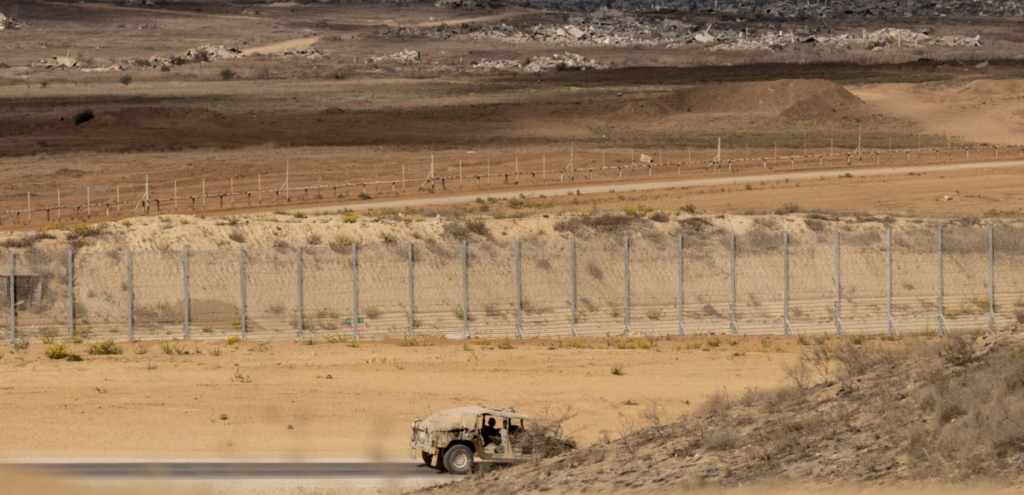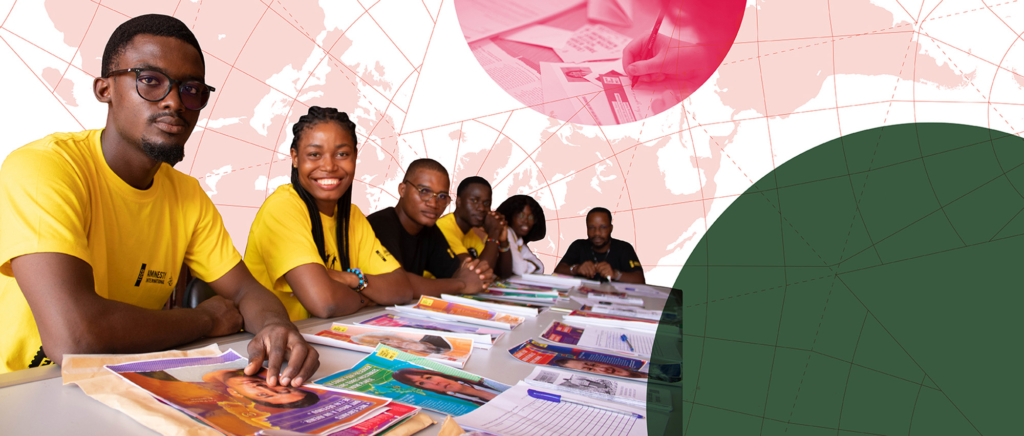Almost 10 years have passed since the United Nations voted to adopt the Declaration on the Rights of Indigenous Peoples as a global standard of human rights protection.
There can be no doubt that the adoption of the Declaration was a landmark moment for human rights globally and a triumph for the Indigenous peoples’ movement in particular.
Before the Declaration could be adopted, Indigenous peoples had to prevail over the reluctance, resistance and sometimes outright hostility of some states.
In doing so, Indigenous peoples were able to advance a vital global human rights instrument, one that repudiates centuries of violence, dispossession and marginalization and closes the gaps in rights protection available to the societies, families and individuals who must contend daily with the legacy of those abuses and with new manifestations of permutations of the same racism and discrimination.
Today, there is significant momentum toward implementation of the Declaration among international agencies and a wide range of public institutions. There is also growing dialogue about the how to bring corporate practice into line with the provisions set out in the Declaration. Ultimately, however, in order for the promise of the Declaration to be realized, the protections that it provides for Indigenous rights must be reflected in the laws, policies and actions of national governments
This is the urgent, ongoing struggle we now face.
In a meeting beginning today at the United Nations in New York, states and Indigenous peoples’ representatives have come together to discuss implementation of the UN Declaration.
This morning, Canadian Indigenous Affairs Minister Carolyn Bennett addressed the UN Permanent Forum on Indigenous Issues, describing the Declaration as a “call to action” for all states.
The Minister’s remarks typify the welcome, sharp change in the tone that has taken place under the Trudeau government. Over the last year and a half, the federal government has repeatedly committed itself to full implementation of the UN Declaration. Today, the Minister explicitly retracted the previous government’s statements critical of the key protection of free, prior and informed consent that the Minister acknowledged is “at the heart” of the UN Declaration.
However, as two prominent First Nations leaders – both of them former members of the UN Permanent Forum – wrote in an op ed published in the Ottawa Citizen today, such welcome statements have not yet been matched with substantive, concrete action. Grand Chief Wilton Littlechild and Grand Chief Edward John point in particular to the failure to work with Indigenous peoples to develop a coordinated, collaborative national plan to implement the Declaration.
Given the time that has now passed– since the adoption of the Declaration and since the Trudeau government first promised to move ahead with implementation – it is very concerning that the government does not have a discernible roadmap.
To its credit, the federal government has brought the Declaration into its four ongoing reviews of different aspects of the environmental assessment process. It has also brought the Declaration into a recently launched review of federal laws being undertaken at the Ministerial level. However, the approach risks being piecemeal. And there has yet to be any meaningful collaboration with Indigenous peoples in the wider review of Canada’s laws.
As Grand Chief John and Grand Chief Littlechild write, “No more time should be allowed to pass without significant collaborative action.”
Coalition statement delivered to UN Permanent Forum on Indigenous Issues























